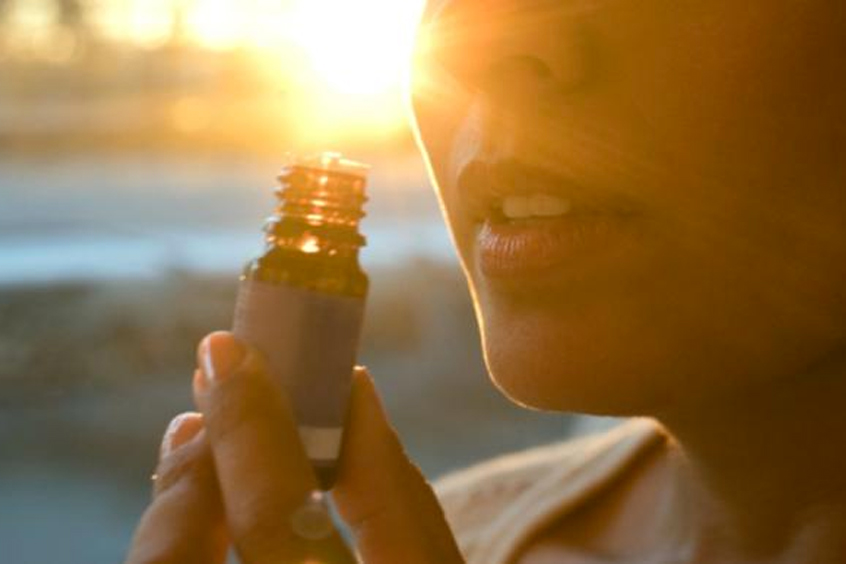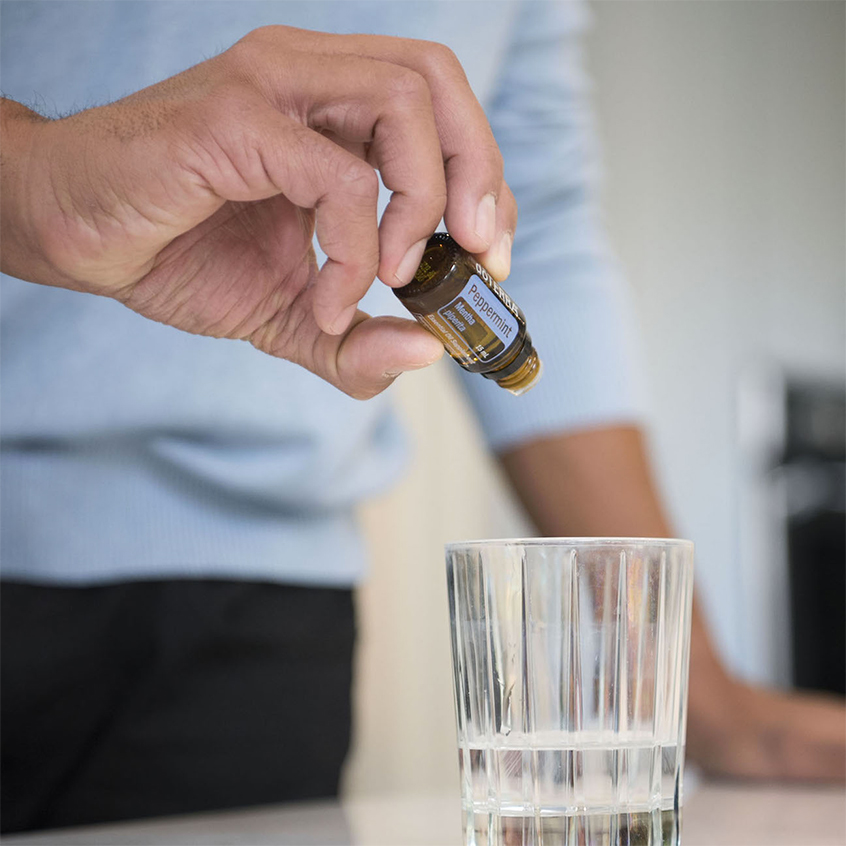
Different Ways to Use Essential Oils
Essential oils and their blends can improve your entire quality of life in many ways from giving you a boost in health to helping to resolve body pains and even improve your skin’s complexion. Depending on your goal, these oils can be applied to the skin, inhaled or can be consumed internally for some additional health benefits, and there are several application techniques that you can use.
Contents
How to Use Essential Oils Aromatically
While there are several ways to enjoy essential oils, aromatic usage, or the application of essential oils through the air, remains one of the most popular ones since it is both simple and effective. Aromatic usage allows the user to get the advantages of essential oils by diffusing or spreading them in the air and breathing them in.
If you’re looking for well-balanced and pleasant products suited for diffusion, take your time to pick the right essential oil blends Australia stores offer. Some essential oils contain chemical components that make them relaxing or elevating like lavender oil, while others have cleaning and purifying characteristics that make them ideal for air purification such as lemongrass.

When it comes to aromatically utilising essential oils, employing an essential oil diffuser is one of the most efficient methods to experience the aromatic advantages of certain oils. Essential oil diffusers turn essential oils into a fine mist, dispersing the scent throughout the air. A diffuser allows you to experience any smell for an extended amount of time in a simple and easy manner.
What’s the best spot to place a diffuser? Any flat surface near an exit will suffice. If you’re diffusing in a bigger space, start the diffuser a few minutes sooner to give the oils time to circulate. If I’m diffusing in a bedroom at night, I generally start the diffuser a few minutes before bedtime and close the door so the scent permeates the room before we go to sleep. Avoid putting it in bright sunlight or near a fan or other source of wind.
Just add 3-10 drops of your chosen essential oils to the water. A single oil or a mix of essential oil blends Australia aromatherapy providers offer can be used. Usually, 6 drops are plenty, but if you prefer a stronger combination, play around with the quantity to discover what works best for you.

How to Use Essential Oils Topically
Essential oil use on the skin is a tried-and-true method. Using essential oils on your skin, on the other hand, is a little more difficult than using regular body lotion. In general, essential oils are used where they are needed for their targeted impact. Another reason to use oils topically is to get a whiff of them by rubbing them on your wrists, palms, or ears.
One of the most significant advantages of topical application is that it can aid in the promotion of healthy-looking skin. Topical application of essential oils provides a safe, natural approach to care for the skin, whether you want to enhance the look of a minor skin imperfection or blemish, decrease the appearance of wrinkles, cleanse an oily complexion, or just give your face a radiant boost. If you’re concerned about the toxins and synthetic fillers in your commercial skincare products, utilising pure essential oils is a safe method to care for your skin naturally.
Using essential oils topically can give advantages to the entire body in addition to the skin. Many essential oils include chemical components that help to calm, soothe, or relax the body, muscles, or joints. Other essential oils may have a warming or cooling effect on the body. You may also use essential oils to the chest and neck to assist in smooth breathing. When it comes to topical application, it is so simple to release tension, relax or massage tense regions, encourage sensations of clear breathing, and give other advantages to the body by simply selecting an oil whose chemical components can help you accomplish your desired impact.

There are particular safety precautions that will help you enjoy utilising essential oils topically safely, just as there are for any other essential oil application technique. While essential oils are natural and harmless, you should still take some precautions to avoid sensitivity or discomfort. You will be able to witness how your body reacts to each particular essential oil as you follow safe application methods, and you will quickly learn how to apply essential oils topically to gain the benefits each oil brings. We will go through each of these issues in-depth to offer an introduction to the safety requirements for topical use: dilution, carrier oils, dose, and sensitivity.
Certain essential oil blends, especially citrus oils like Bergamot, Grapefruit, Lemon, Lime, Tangerine, Wild Orange, and others, might make your skin more susceptible to UV radiation and sunburn. Avoid direct sunlight or artificial UV rays for at least 12 hours after applying these oils. Instead, use these oils in a diffuser, internally, or on skin that will not be exposed to light. It’s also a good idea to keep an eye out for essential oil mixes that contain photosensitive oils.
How to Use Essential Oils Internally
As a culinary flavour, a small amount of essential oil may go a long way. Often, one or two drops are in fact enough to flavour a whole dish. To ensure that the taste does not overpower the dish, dip the end of a toothpick in essential oil and swirl it into the food right before serving. Many people prefer essential oils over herbs in recipes because they are handier and offer a lot of flavour with a tiny amount. Citrusy and spicy essential oils complement both sweet and savoury meals, whereas herbaceous essential oils are generally used in savoury recipes.

Peppermint essential oil helps promote regular digestion, ease occasional indigestion, improve exercise performance, and improve gut health. When consumed, fennel oil not only aids digestion but may also boost mood throughout the premenstrual cycle. Citrus essential oils can be consumed to suppress hunger and aid in weight loss. Copaiba essential oil may have anti-inflammatory properties that benefit overall health. The immune system is aided by essential oils such as frankincense, clove, cinnamon bark, and oregano. Nutmeg essential oil is high in antioxidants and may help with cognition and the immune system.
Despite the fact that essential oils are cold-pressed or steam distilled from citrous and common plants such as Lemons, Basil, Black Pepper, Cinnamon, Clove, and a variety of other botanicals that are routinely ingested without the need for precautionary usage information, essential oils should not be ingested without a thorough understanding of the usage and risks of each.
Internal use of essential oils for medicinal or culinary purposes necessitates more caution than many individuals who are new to essential oils understand. Essential oils are very concentrated, and there are several hazards involved with taking essential oils without being adequately informed or under the supervision of a well-qualified practitioner. I strongly advise against consuming essential oils unless you are under the supervision of a certified aromatherapist or have obtained adequate training from a recognised aromatherapy instructor.

